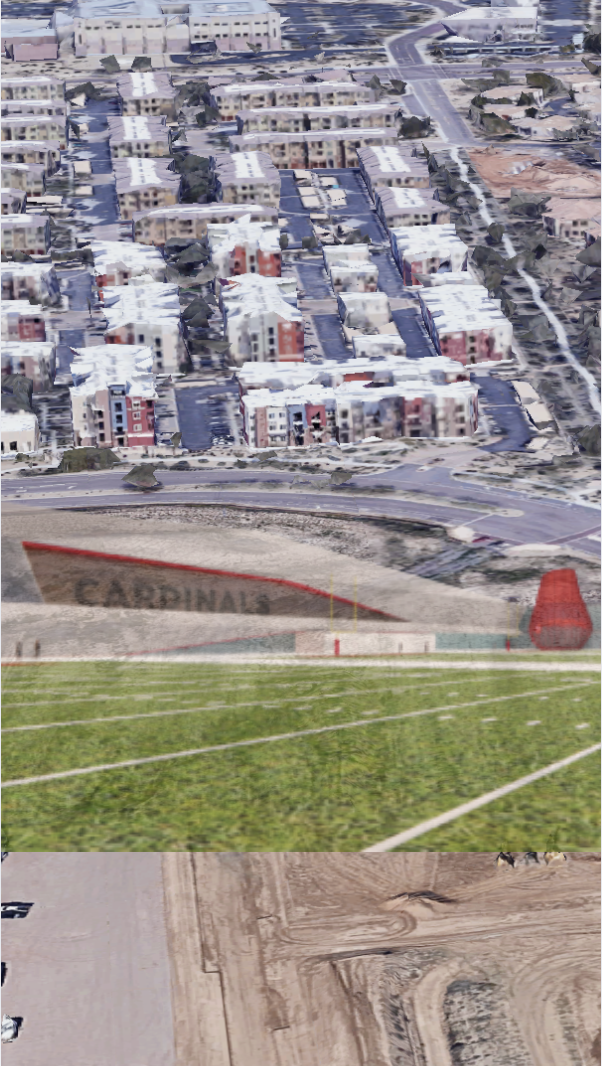
Arizona’s housing market remains one of the most competitive in the nation. In metro Phoenix, multiple-offer situations are still common in desirable neighborhoods such as Arcadia, Gilbert’s Power Ranch, or Chandler’s Ocotillo. With tight inventory, buyers often feel pressured to waive contingencies just to win the bid. Yet, in a resale contract, contingencies are more than fine print—they are the safety nets that protect buyers and sellers from unnecessary risk.
The Arizona Association of REALTORS® Residential Resale Real Estate Purchase Contract outlines several built-in contingency options. From inspection and appraisal to financing and title, these provisions provide structured exit points if the deal no longer makes financial or legal sense. In Tucson, Scottsdale, or even in growing towns like Queen Creek, contingencies directly impact how smoothly a transaction closes and how much leverage each side maintains. Understanding them isn’t optional; it’s the difference between a secure investment and a costly misstep.
The pressure to “sweeten the offer” can lead buyers to strip away protections. Imagine purchasing a home in North Phoenix without an inspection contingency, only to discover a failing HVAC system—repairs that can run $8,000–$12,000 in Arizona’s desert climate. Or consider a buyer in Flagstaff who forgoes an appraisal contingency, only to be saddled with a loan that doesn’t cover the full purchase price due to a lower valuation. In both cases, failing to understand contingencies creates unnecessary exposure.
Sellers face their own challenges. Accepting an offer loaded with contingencies may lock them into longer timelines and greater uncertainty. For example, a financing contingency tied to a buyer’s out-of-state lender could delay closing on a Scottsdale luxury property, complicating the seller’s move into their next home. The reality is that contingencies can either streamline the path to closing—or derail it entirely. Knowing which ones to prioritize, and how to negotiate them, is the key to balancing protection with competitiveness.
Arizona resale contracts typically include four primary contingencies:
Each contingency has pros and cons. Too many protections may weaken an offer in competitive markets, while too few may leave buyers financially exposed. Smart contract strategy is about customizing the balance.
Real estate agents across the Valley consistently remind clients that contingencies are negotiable, not automatic. Phoenix-based brokers stress the importance of educating buyers upfront so they don’t panic when issues arise during inspections. Mortgage lenders in Mesa point out that appraisal contingencies are particularly important right now, as rising interest rates and fluctuating demand have created more frequent appraisal gaps.
Attorneys in Scottsdale highlight how title contingencies often go overlooked but can uncover critical issues, such as unresolved mechanics’ liens from past remodels. Meanwhile, in Tucson, experienced inspectors emphasize that contingency timelines are short—buyers usually have just ten days to act, meaning speed and organization are critical. The professional consensus is clear: contingencies are not roadblocks; they are tools to create fairness and confidence on both sides of the transaction.
First, buyers should never waive inspection contingencies in Arizona’s climate—AC systems, roofing, and plumbing are too vital to leave unchecked. Second, pair appraisal contingencies with escalation clauses; this shows flexibility without full exposure. Third, ensure financing contingencies include clear deadlines, giving both parties confidence in loan approval timelines. Fourth, sellers can counterbalance contingency-heavy offers by requesting shorter review periods, which keep deals moving.
Fifth, always use a real estate professional familiar with local markets. A Gilbert agent may negotiate differently than a Sedona specialist because local norms vary. By strategically tailoring contingencies, both sides can move forward confidently, reducing surprises while preserving deal strength.

Contingencies are the heartbeat of Arizona’s resale contract—they safeguard buyers and sellers, manage risk, and define negotiation leverage. Handled well, they create smoother closings and stronger investments. Mishandled, they introduce financial stress and broken deals.
This guide provides general insights, not legal advice. Buyers and sellers should always consult licensed REALTORS®, lenders, or real estate attorneys when making contractual decisions.
How many contingencies can you adjust without losing protection, and how will you balance safety with competitiveness in Arizona’s fast-moving market?
 Arizona Cardinals’ $136 Million “Headquarters Alley” Project: How a 217-Acre Deal Will Redefine North Phoenix by 2028
Arizona Cardinals’ $136 Million “Headquarters Alley” Project: How a 217-Acre Deal Will Redefine North Phoenix by 2028 Exploring Arizona’s Unique Land Ownership Laws: What Every Future Homeowner, Investor, And Relocating Professional Needs To Know
Exploring Arizona’s Unique Land Ownership Laws: What Every Future Homeowner, Investor, And Relocating Professional Needs To Know

 Public Safety as an Asset Class: The New Scottsdale AdvantageIn today’s Smart City economy, safety isn’t simply about peace of mind—it’s becoming a measurable, marketable asset class. Scottsdale is proving that public safety can be engineered into the fabric of
Public Safety as an Asset Class: The New Scottsdale AdvantageIn today’s Smart City economy, safety isn’t simply about peace of mind—it’s becoming a measurable, marketable asset class. Scottsdale is proving that public safety can be engineered into the fabric ofNice to meet you! I’m Katrina Golikova, and I believe you landed here for a reason.
I help my clients to reach their real estate goals through thriving creative solutions and love to share my knowledge.

